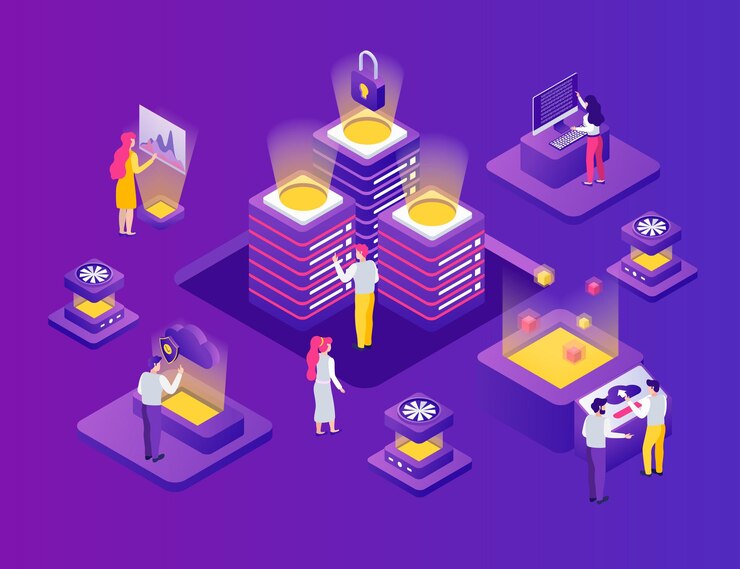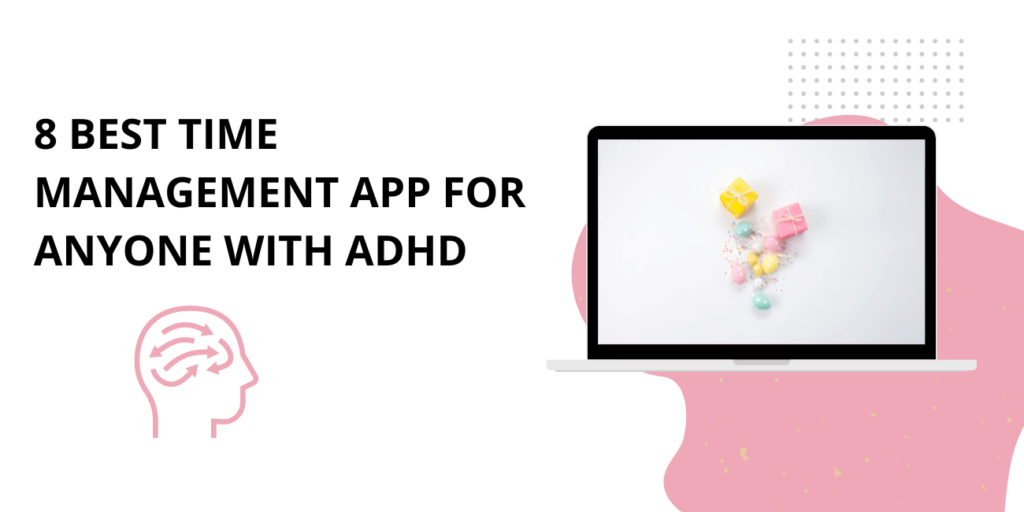Why Is Blockchain Essential for AI Data Exchange?

In today’s rapidly advancing technological landscape, the fusion of Artificial Intelligence (AI) and blockchain technology is creating new paradigms for data exchange. AI thrives on data, and the more diverse and voluminous the dataset, the more effective and accurate the AI models become. However, the exponential growth of data has also led to concerns about data security, privacy, and trust. According to a report by Statista, the global data volume is expected to reach 181 zettabytes by 2025, up from 79 zettabytes in 2021. This staggering increase underscores the urgent need for secure and efficient data exchange mechanisms. Blockchain technology, with its decentralized and immutable nature, offers a robust solution to these challenges. In this article, we will explore why blockchain is essential for AI data exchange and how it can revolutionize the way we handle data in the AI ecosystem.
Enhancing Data Security and Privacy
One of the most significant advantages of using blockchain for AI data exchange is enhanced security and privacy. Blockchain technology employs cryptographic techniques to secure data, making it nearly impossible for unauthorized parties to tamper with the information. Furthermore, each data transaction is recorded in a block and added to a chain, creating an immutable record. Also, this transparency and immutability ensure that data remains secure and unaltered, fostering trust among data providers and users.
Preventing Data Tampering
Data tampering is a critical concern in AI, as it can lead to erroneous predictions and unreliable models. Blockchain’s decentralized nature makes it highly resistant to tampering. Once data is recorded on the blockchain, it cannot be altered or deleted without the consensus of the network participants. Also, This feature is particularly beneficial for AI applications that require high levels of data integrity, such as healthcare, finance, and autonomous systems.
Ensuring Data Privacy
Privacy is another area where blockchain excels. Traditional centralized systems often involve intermediaries who have access to sensitive data, increasing the risk of data breaches. Blockchain eliminates the need for intermediaries by enabling peer-to-peer data exchange. Additionally, advanced encryption techniques can be employed to ensure that only authorized parties can access the data, further enhancing privacy.
Facilitating Data Transparency and Traceability
Blockchain’s transparent nature allows all participants in the network to view and verify transactions. This transparency is crucial for AI data exchange, as it enables stakeholders to track the provenance and usage of data. Furtherore, knowing the origin and history of data helps in assessing its quality and reliability, which is essential for building robust AI models.
Traceability in Supply Chains
In supply chain management, for instance, blockchain can be used to track the movement of goods and data from the point of origin to the final destination. This traceability ensures that AI models built on supply chain data are accurate and reliable. Also, companies can use this information to optimize their operations, reduce costs, and improve customer satisfaction.
Accountability and Auditability
Blockchain’s auditability feature ensures that all data transactions are recorded and can be audited at any time. This accountability is vital for sectors like finance and healthcare, where regulatory compliance and data integrity are paramount. AI models trained on such transparent and traceable data are more trustworthy and can be used confidently in critical decision-making processes.
Enabling Decentralized Data Marketplaces
Blockchain technology enables the creation of decentralized data marketplaces where data providers and consumers can interact directly without intermediaries. These marketplaces foster a more equitable and efficient data exchange ecosystem, benefiting both parties.
Incentivizing Data Sharing
In decentralized data marketplaces, data providers can be incentivized to share their data through token-based reward systems. Furthermore, this incentivization encourages more individuals and organizations to contribute their data, enriching the data pool available for AI training. As a result, AI models can be trained on more diverse and comprehensive datasets, improving their accuracy and performance.
Ensuring Fair Compensation
Blockchain ensures that data providers receive fair compensation for their contributions. Smart contracts can be used to automate payments based on predefined conditions, ensuring that data providers are paid promptly and fairly. Furthermore, this fairness promotes trust and encourages more participants to engage in data exchange.
Enhancing Interoperability and Collaboration
Interoperability is a significant challenge in AI data exchange, as data often exists in silos across different organizations and systems. Blockchain facilitates interoperability by providing a common platform for data exchange, enabling seamless collaboration between different entities.
Cross-Industry Data Exchange
Blockchain enables cross-industry data exchange by providing a standardized and secure platform for data sharing. For example, healthcare organizations can securely share patient data with research institutions to advance medical research. Similarly, financial institutions can exchange data to improve fraud detection and risk management. Also, this cross-industry collaboration leads to more comprehensive and accurate AI models, benefiting society as a whole.
Collaborative AI Development
Blockchain also supports collaborative AI development by enabling multiple parties to contribute to and access shared datasets. This collaborative approach accelerates the development of AI models and ensures that they are trained on diverse and high-quality data. OpenLedger, a blockchain-based platform, exemplifies how decentralized data-centric infrastructure can support AI growth and development by facilitating secure and transparent data exchange.
Addressing Ethical and Legal Concerns
The use of blockchain in AI data exchange also helps address various ethical and legal concerns associated with data usage. These concerns include data ownership, consent, and compliance with regulations such as the General Data Protection Regulation (GDPR).
Data Ownership and Control
Blockchain empowers individuals and organizations to retain ownership and control over their data. They can decide who has access to their data and under what conditions. This control ensures that data is used ethically and in accordance with the data provider’s preferences.
Compliance with Regulations
Blockchain’s transparency and immutability make it easier to comply with data protection regulations. All data transactions are recorded on the blockchain, providing a clear audit trail that can be used to demonstrate compliance with regulatory requirements. FuThis feature is particularly important for industries that handle sensitive data, such as healthcare and finance.
Conclusion
In conclusion, blockchain technology is essential for AI data exchange, offering enhanced security, privacy, transparency, and traceability. By enabling decentralized data marketplaces, fostering interoperability, and addressing ethical and legal concerns, blockchain provides a robust foundation for the AI ecosystem. Furthermore, as data continues to grow exponentially, the integration of blockchain and AI will become increasingly critical in ensuring that data is exchanged securely, efficiently, and ethically. However, OpenLedger exemplifies how decentralized infrastructure can support AI development by providing secure and transparent data exchange solutions.








